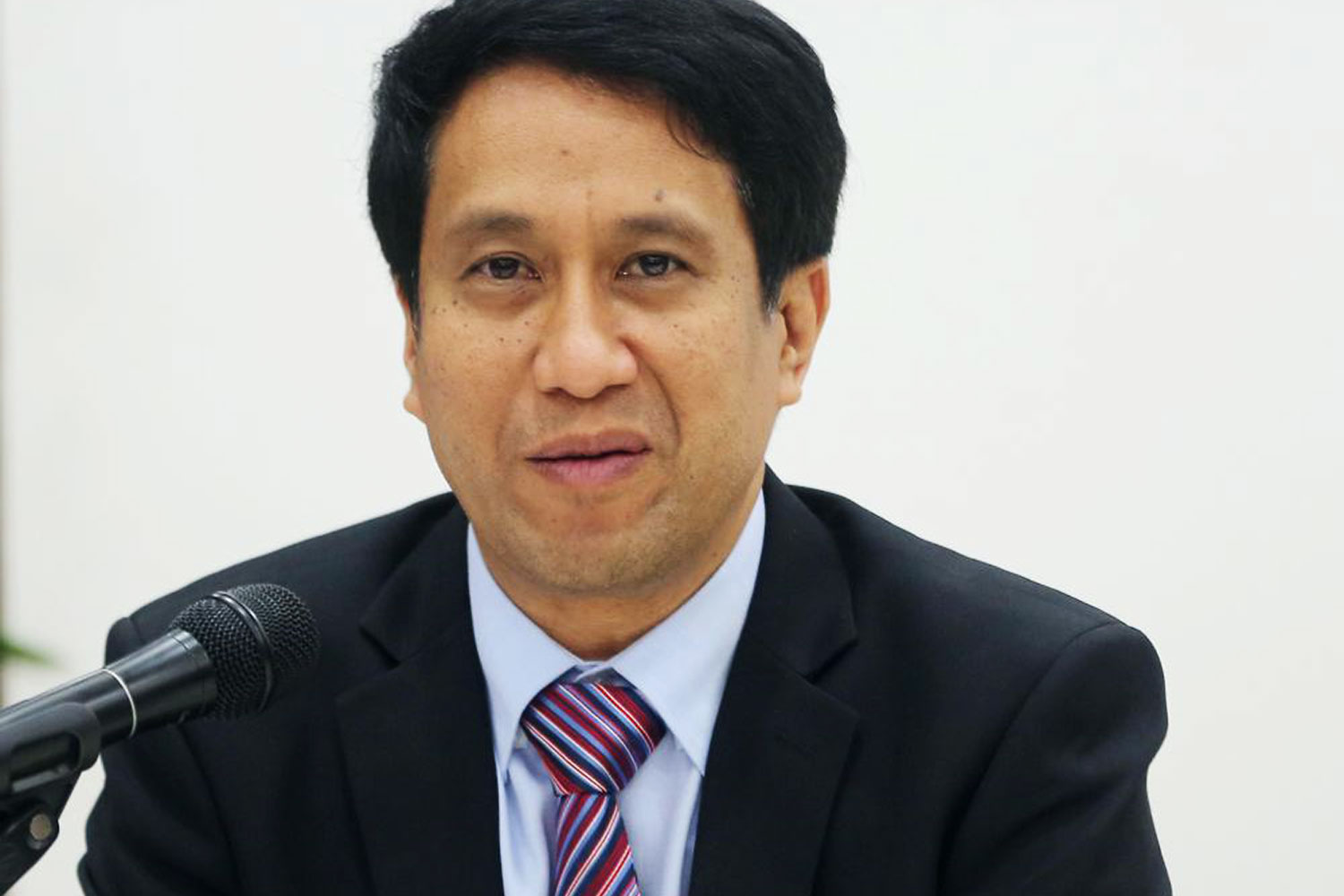
The Bank of Thailand has added debt restructuring measures for entrepreneurs as the impact deepens from the third wave of the pandemic.
The central bank extended the debt moratorium term for small and medium-sized enterprises (SMEs) to December from June 30.
The measure is available for SMEs suffering from the economic downturn as a result of the third wave outbreak, including those that have stopped business operations.
The extension of the debt moratorium is available to SME borrowers on a case-by-case basis, depending on the creditor's consideration.
The central bank also allows financial institutions to use their own definition for SMEs when providing debt restructuring to them. The Bank of Thailand's former regulation limited financial aid to SMEs with credit lines of no more than 100 million baht.
The central bank also relaxed the non-performing loan (NPL) classification for SME debt restructuring until Dec 31, said deputy governor for financial institutions stability Ronadol Numnonda.
The move is meant to contain NPLs in the banking system as bad debt rises in line with economic circumstances, while SMEs continue to struggle.
In addition, Mr Ronadol said the central bank maintains eased NPL classifications and loan-loss reserve regulations for financial institutions, helping SMEs' debt restructuring.
The incentives are for financial institutions that offer additional financial assistance to SME customers other than the debt moratorium. Such additional financial assistance can include a reduction of principal and interest payments, an interest rate cut and changing customers' debt from short-term to long-term loans. However, these offers should be based on the borrowers' debt repayment ability and cash flow.
He said the central bank wants debt restructuring measures applied in line with a borrower's ability to pay and business feasibility rather than a focus on the debt moratorium.
Reasonable debt restructuring is key to helping SMEs overcome the crisis, said Mr Ronadol.
Under the central bank's existing debt relief measures for businesses, due to expire at the end of this month, the bank found 65% of SME applicants are back to a regular debt repayment schedule, while 30% remain in a debt restructuring programme.
Around 2% of the 30% still in a programme were expected to resume paying on a debt schedule in June, though they still struggle with the impact of the third wave, he said.
Some SMEs ineligible for existing debt relief measures continue to be affected by the third wave.
The central bank adjusted and prolonged measures to enable SMEs to receive financial aid, said senior director for regulatory policy department 2 Suwannee Jatsadasak.
In related news, the Bank of Thailand allows financial institutions to pay interim dividends for 2021 of no more than their dividend payout ratio in 2020, and no more than 50% of their net profit for the first half of 2021.
The central bank also prohibited financial institutions from stock buybacks.